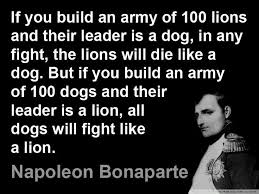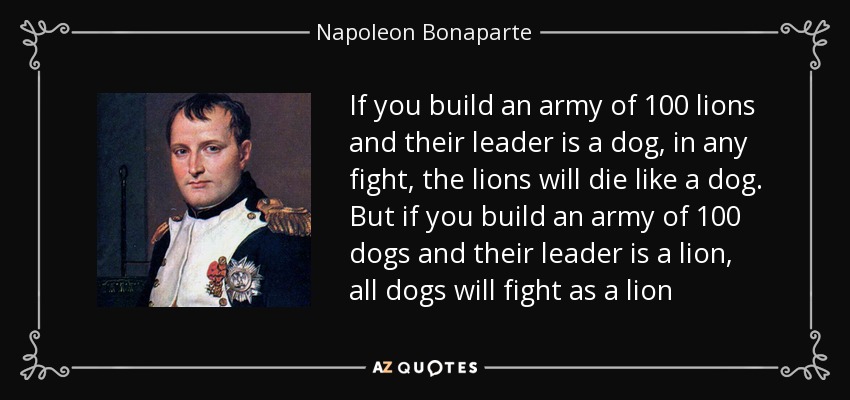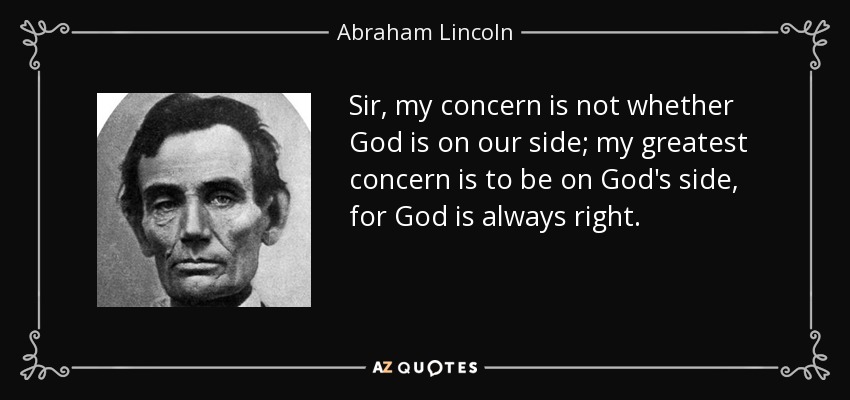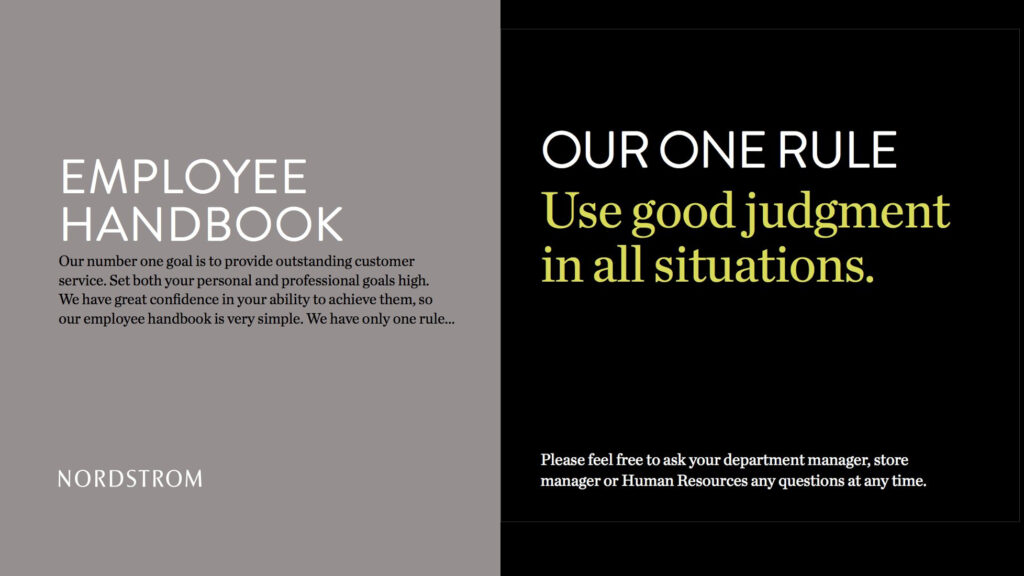Click here to return to Blog Post Intro
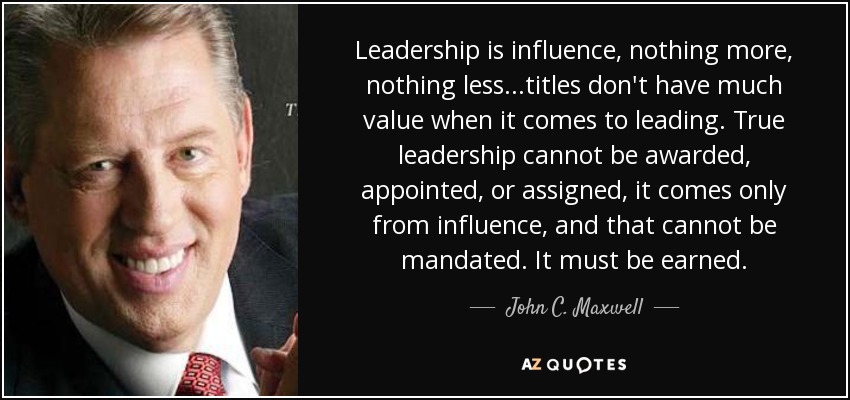
Recall, John Maxwell says, “Leadership is influence…nothing more…nothing less…” (refer to my last post for more on that). So, you don’t have to be in a high-profile occupation to be a person of influence. In fact, if your life connects with other people, you can be an influencer.
Integrity with People
The need for integrity today is perhaps as great as it has ever been. And it is absolutely essential for anyone who desires to become a person of influence.
Integrity to a person is similar to a house’s foundation. If the foundation is sound, it will hold up against a huge storm. But when there are cracks in the foundation, the stress of the storm deepens the cracks until eventually the foundation—and then the whole house—crumbles under the pressure.
Integrity commits to character over personal gain, to people over things, to service over power, to principle over convenience, to the long view over the immediate. Nineteenth century clergyman Phillips Brooks maintained, “Character is made in the small moments of our lives.” In the same way, D. L. Moody wrote, “If I take care of my character, my reputation will take care of itself.”
Nurtures Other People
Before you can do anything else in the lives of others, you must show them love. That’s why love and leadership are my themes for 2015 (see my January 1st post for more). Without love, there can be no connection, no future, and no success together. The length and breadth of our influence on others are directly related to the depth of our concern for them. When it comes to helping people grow and feel good about themselves, there is no substitute for love.
A too common mistake, especially among marketplace leaders, is failure to share recognition and show appreciation to others. One analysis of American workers found that the #1 cause of dissatisfaction among employees was their supervisors’ failure to give them credit.
Napoleon Bonaparte was a master at making people feel important and included. He was known for wandering through his camp and greeting every officer by name. As he talked to each man, he asked about his hometown, wife, and family. And the general talked about a battle maneuver in which he knew the man had taken part. The interest and time he took with his followers made them feel a sense of camaraderie and belonging. It’s no wonder his men were devoted to him.
The bottom line is that people will rise or fall to meet the expectations of those closest to them—so believe in people!
Faith In People
Evangelist Bill Glass noted, “Over 90% of prison inmates were told by parents while growing up, ‘They’re going to put you in jail.’”
As you work to become a person of influence, always remember that your goal is not to get people to think more highly of you. It’s to get them to think more highly of themselves.
Be a BELIEVEr in People:
- Believe in them before they succeed. It’s easy to have faith in people who have proven themselves. It’s tougher to believe in people before they have proven themselves.
- Emphasize their strengths.
- List their past successes. Mary Kay Ash advised, “Everyone has an invisible sign hanging from his neck saying, ‘Make me feel important!’ Never forget this message when working with people.”
- Instill confidence when they fail.
- Experience some wins together.
- Visualize their future success.
- Expect a new level of living. German statesman Konrad Adenauer observed, “We all live under the same sky, but we don’t all have the same horizon.”
Listens to People
Out of This World Leaders recognize one skill as indispensable to their ability to influence others and succeed: the ability to listen. As a junior Senator from Texas, Lyndon B. Johnson kept a sign on his office wall that read, “You ain’t learnin’ nothin’ when you’re doin’ all the talkin’.” Psychologist Joyce Brothers said, “Listening, not imitation, may be the sincerest form of flattery.”
If you want to relate well to others, you have to be willing to focus on what they have to offer. Be impressed and interested, not impressive and interesting. Dale Carnegie, author of How to Win Friends and Influence People, advised, “You can make more friends in two weeks by becoming a good listener than you can in two years trying to get other people interested in you.”
President Abraham Lincoln, considered one of the most effective leaders and communicators in our nation’s history, said, “When I’m getting ready to reason with a man, I spend one third of my time thinking about myself and what I am going to say–and two thirds thinking about him and what he is going to say.” That’s a good ratio to maintain. Listen twice as much as you speak.
Understands People
If you can’t understand people and work with them, you can’t accomplish anything. And you certainly can’t become a person of influence. The moment people see they are being understood, they become more motivated to understand your point of view. If you can learn to understand people—how they think, what they feel, what inspires them, how they’re likely to act and react in a given situation—then you can motivate and influence them in a positive way.
Jim Dornan went to Purdue University and studied aeronautical engineering. When he finished his bachelor’s degree, he thought there were two keys to success: hard work & technical skills. It never occurred to him that people skills had any value. But it didn’t take him long in business to realize that success means being able to work with people. I (Brady) can definitely relate to that, as many NASA scientists and engineers came from the same school of thinking!
Here’s “A Short Course in Human Relations” (some good reminders that I’ll hang in my office soon!) –
- The least important word: I
- The most important word: We
- The two most important words: Thank You
- The three most important words: All Is Forgiven
- The four most important words: What is your opinion?
- The five most important words: You did a good job.
- The six most important words: I want to understand you better.
Everybody wants to be somebody. If you treat every person you meet as if he or she were the most important person in the world, you’ll communicate that he or she somebody to you.
Enlarges People
Most people don’t have a natural knack for spotting their greatest areas of potential. They need help doing it, especially as they begin growing and striving to reach their potential. And that’s why it’s important for you to become a mentor in the lives of the people you desire to help.
Robert Gross, former President of Lockheed Aircraft Corporation, once explained to his supervisors, “We do not build automobiles, airplanes, refrigerators, radios, or shoestrings. We build men. The men build the product.”
As an enlarger of people, you are to help people want to grow, and one way to do that is to tap into their passion. Everybody—even the quietest, least demonstrative person—has a passion for something.
Navigates for Other People
In Be the Leader You Were Meant to Be (see my September 2014 post for a summary), LeRoy Eims wrote, “A leader is one who sees more than others see, who sees farther than others see, and who sees before others do.”
If you can help people discover their dreams and truly believe in them, you can help them become the persons they were designed to be. As you work with people, help them figure out not only their long-term destination, but also the smaller steps along the way. Help them identify attainable goals that will give them confidence, and they’ll make progress. Henry Ford once said, “Your best friend is he who brings out the best that is within you.”
In 1962, Victor and Mildred Goertzel published a revealing study of 413 famous and exceptionally gifted people. Many of us think that famous people have an easy path. Their study was called Cradles of Eminence, and the most outstanding fact was that almost all of them (392) had to overcome very difficult obstacles to become who they were. They turned their problems into opportunities instead of obstacles!
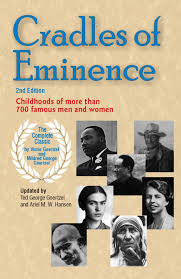
Connects with People
Connection is a very important part of the process of mentoring others. And it’s absolutely critical if you want to influence people in a positive way. Mother Teresa put it this way, “I can do what you can’t do, and you can do what I can’t do. Together we can do great things.” No one ever achieves alone what he can do when partnering with others.
Many leaders believe that it is the follower’s responsibility to initiate contact with them. But the opposite is true. To be effective, leaders must be initiators. If they don’t go to their people, meet them where they are, and initiate the connection, 80% of the time no connection will be made.
Once you’ve initiated connection with others, found common ground, and discovered what really matters to them, communicate to them what really matters to you. And that requires you speak to them from your heart.
Empowers People
I like the Nordstrom workplace rules:
Nordstrom stores emphasize people, not policies. They believe in their people, they encourage them to achieve excellence, and they release them to do it. As Tom Peters said, “Techniques don’t produce quality products or pick up the garbage on time; people do, people who care, people who are treated as creatively contributing adults.”
The place to start when empowering people is to evaluate them. If you give inexperienced people too much authority too soon, you can set them up to fail. If you move too slowly with people who have lots of experience, you can frustrate and demoralize them.
All people have the potential to succeed. Your job is to see the potential, find out what they lack to develop it, and equip them with what they need. Management expert Peter Drucker asserted, “No executive has ever suffered because his subordinates were strong and effective.” People become strong and effective only when they are given the opportunity to make decisions, initiate action, solve problems, and meet challenges.
A good rule of thumb is that if someone can do the job 80% as well as you, delegate it.
Reproduces Other Influencers
Reproducing leaders multiplies resources. As you develop leaders, you’ll find that your resources increase in value. You have more time because you can share the load and increasingly delegate authority. As people on your staff learn leadership, they become wiser and more valuable as advisors. And as an added bonus, you receive personal loyalty from just about everyone you raise up.
Chick-Fil-A Founder Truett Cathy said, “The #1 reason leaders are unsuccessful is their inability to lead themselves.” Industrialist Andrew Carnegie emphasized that “no man will make a great leader who wants to do it all himself or get all the credit for doing it.”
The ultimate leader is one who is willing to develop people to the point that they eventually surpass him or her in knowledge and ability. That should be your goal as you multiply your influence by developing leaders.
May you reproduce other influencers as you shoot for the stars to become an Out of This World Leader!


